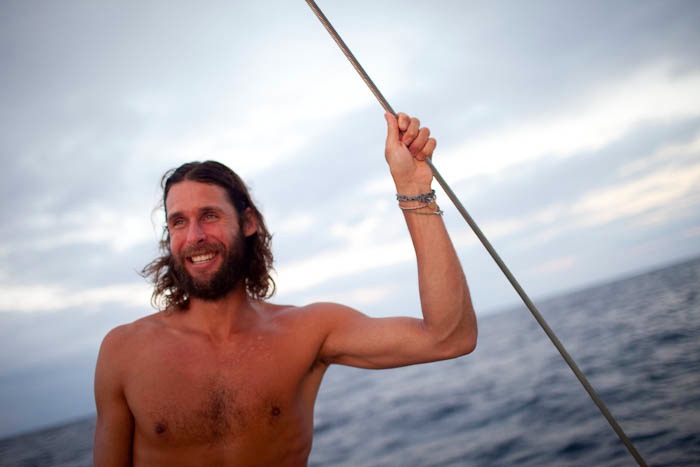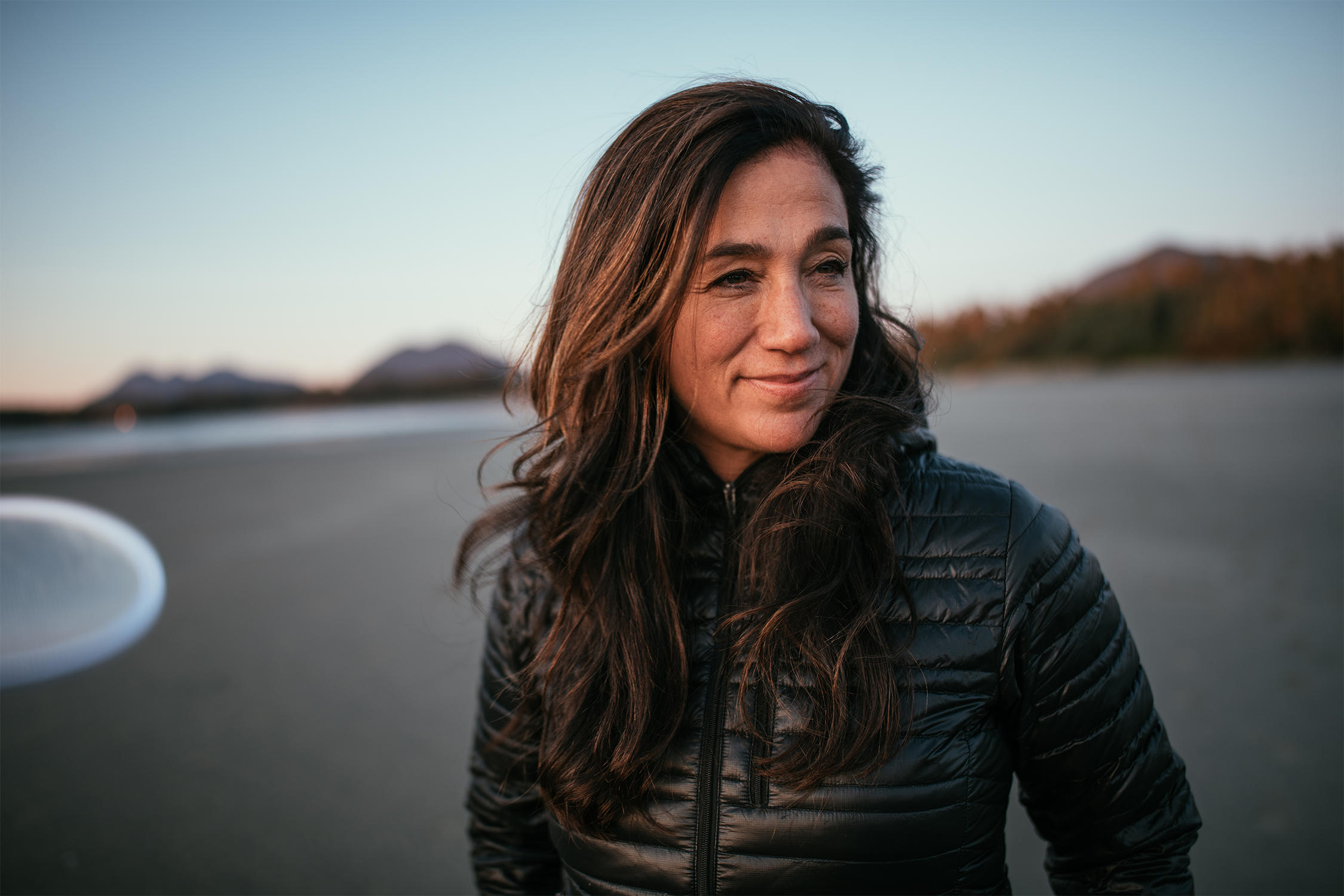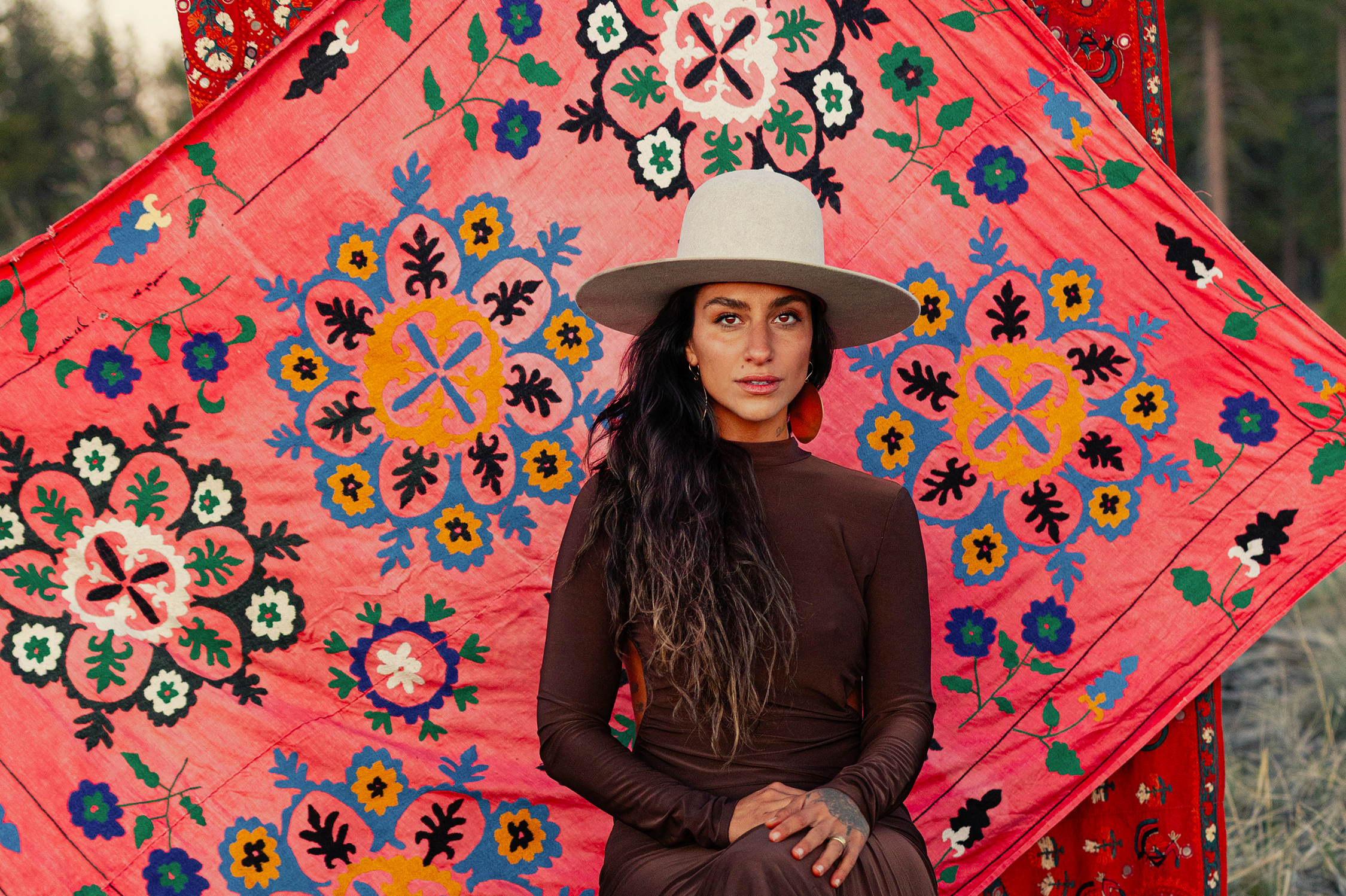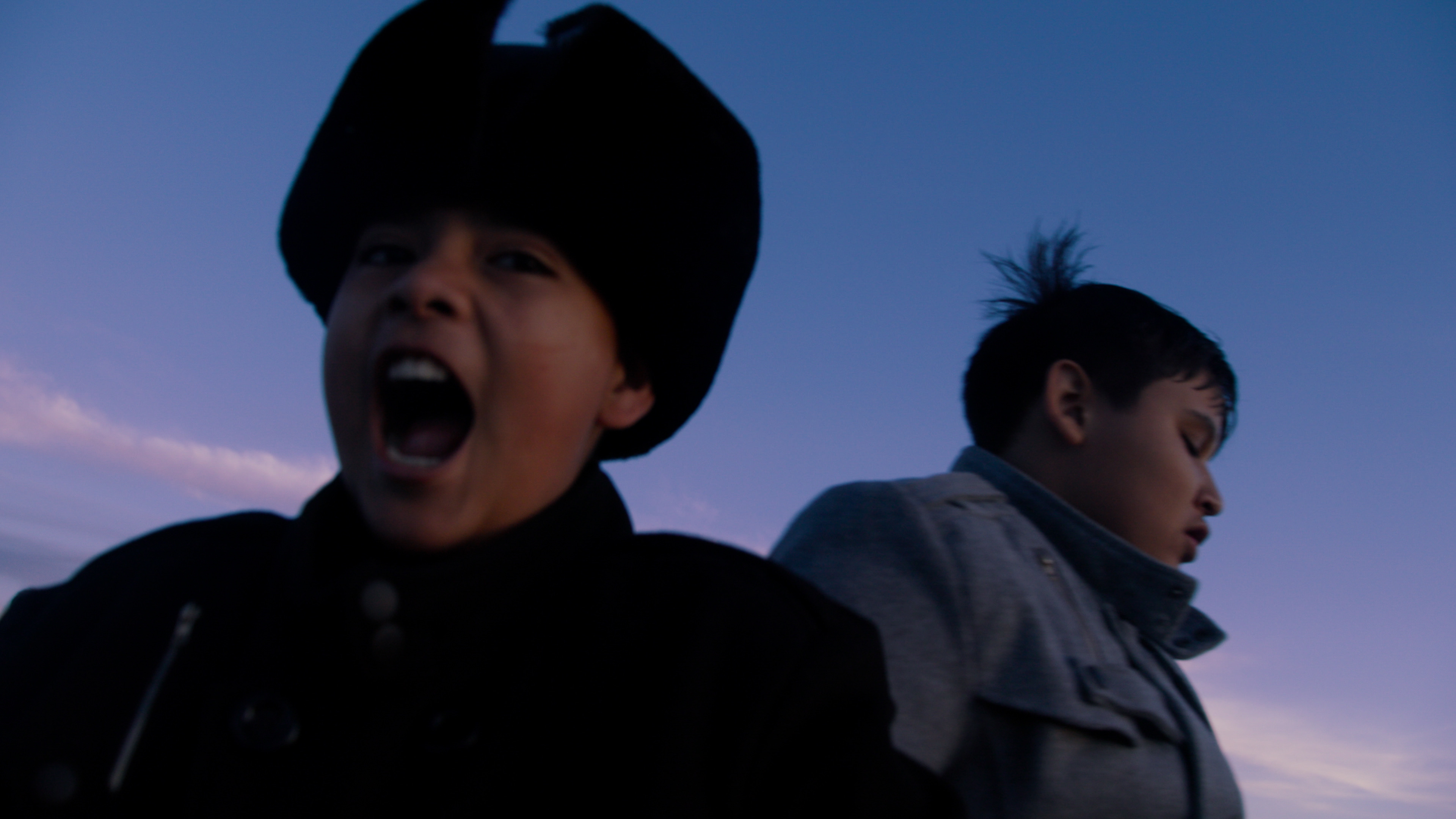
Plastiki and Beyond: Q&A With David de Rothschild
It's hard to talk about the issue of plastic pollution without talking about Plastiki. The expedition, the brainchild of David de Rothschild, was created to inform, captivate, activate and educate the world that "waste is fundamentally inefficient design." In 2010, with a crew of five, de Rothschild sailed across the Pacific Ocean on the Plastiki catamaran made buoyant by 12,500 reclaimed plastic bottles. An adventurer and environmentalist, de Rothschild and his Plastiki expedition embody the idea of turning awareness into action. We caught up with him to learn more.
What inspired you to create the Plastiki Expedition?
In June 2006 I read a report issued by UNEP called ‘Action Urged to Avoid Deep Trouble in the Deep Seas’ which alerted me to the fundamental issues facing our oceans. After reading this and on further investigation I felt I had to do something. True to our values I wanted to create a compelling and pioneering adventure that would not only be informative but would capture the imagination of a global audience and empower us to act more responsibly towards our planet.
What were the main points behind the Plastiki Expedition mission?
It is our mission to captivate the imagination, motivate and ultimately activate individuals, groups, organizations and industry, we do this through adventure. We take the issue and create a story primarily through expedition and exploration.
We wanted to highlight the issue of plastic pollution in the oceans and show that waste can be used as a resource; we took a symbol of dumb plastic 1.0, the single use, throw away plastic soda bottle and made it functional. The Plastiki gets 68 percent of her buoyancy from the bottles; she would sink without them. Environmentalists' kneejerk reaction is often to vilify plastics; it's our pin up to boo at.
I think what we have to do is to differentiate between the throw away kind - the bottle, the bag, the Styrene foam, cup, plastic razors, throw away lighters and biro pens - and the smarter applications. Plastic is so ubiquitous in everything we consume, from the laptop I use to the lifesaving machinery in hospitals. These have a place in our society and a longer life cycle but we need to re-engineer them so they are closed loop. Cradle to cradle rather than cradle to grave. An example of this is the structure of the boat which we made out of a material called Seretex. This is a self reinforcing textile and a single substance material which means you can recycle it easily, unlike hybrid plastics which are often unrecyclable and toxic.
At what point did you commit to tackling the issue of plastic pollution? Why?
I was first made aware of the magnitude and impact of plastic pollution when I read the report issued by UNEP in 2006 (‘Action Urged to Avoid Deep Trouble in the Deep Seas’) but before that I have always been fascinated first and foremost by health and the concept that you are what you eat, and you are what you breathe, which took me down the path of organics and understanding the environment that way. As I became more involved in organic farming I naturally became more curious about the environment as a whole and the ‘green space’ surrounding us, but when I started looking around for more information I found it all to be a bit aggressive and guilt mongering. Whereas the information would be interesting, I didn’t know what to do with it and would go away feeling a bit defeated and guilty in the face of all these problems rather than liberated to take positive action.
It was then during an expedition across Antarctica in 2004 that it dawned on me how adventure can be utilized to create an alternative and accessible information platform on the environment and act as a catalyst for change. I felt that by taking these adventures and telling their stories, rather than allowing them to dissipate and be forgotten, it would allow the journey to continue resonating and build a community up and around them. So it really was an organic process that essentially grew out of what I felt to be a gap in the market for information that was compelling, inspiring and informative but also inclusive and fun. I think that for so long the issue of ‘green’ was such an overwhelming concept and I wanted to take it out of that realm in order to captivate, engage and encourage a new community to get involved and take positive action for our Planet. We can make saving the planet an adventure.
Plastic pollution often seems like an overwhelming issue. What can individuals do in their everyday lives to have a positive impact?
It’s really simple and something people shouldn’t be overwhelmed by – just follow the 5 R’s: Reduce, Reuse, Recycle, Rethink and Refuse and undertake your own adventures, your own Plastiki’s.
There is an ongoing discussion in regards to solving the plastic pollution issue between the benefits of recycling plastic and the need to end the single-use plastic production chain. Where do you fall in that discussion?
They both need to happen. Plastics shouldn’t be single use, in an ideal world they should be infinitely recyclable without having a negative effect on the planet – plastic is such a clever material that can be used in so many great ways, but every piece of plastic ever made still exists, we don’t need to make more plastic, we need to find a way to work with what we already have.
How do you inspire others to be catalysts for positive change?
I would just say, dream big and keep slogging away, making positive change isn’t easy but if you do your best, you are making a positive impact.
For further information please visit: www.myoo.com or www.plastiki.com.


